
Economic Factors Underlying Biodiversity Loss with Partha Dasgupta, Simon Levin, and Georg Kell
Recommendation
Gross domestic product – GDP – tracks the output of an economy. But relying on this sole data point ignores the negative aspects of that output on the environment. In this illuminating Boston Consulting Group podcast, host Martin Reeves interviews economists and sustainability experts Sir Partha Dasgupta, Simon Levin and Georg Kell. Their discussion centers on how economic activity threatens the global ecosystem and biodiversity. Business leaders will find this an authoritative examination of the linkage between environmental and economic vibrancy.
Summary
About the Podcast
Sir Partha Dasgupta is a professor emeritus of economics at the University of Cambridge. Simon Levin is a professor of ecology and evolutionary biology at Princeton University and a recipient of the National Medal of Science. Georg Kell is the founding executive director of the United Nations Global Compact and chair of Arabesque Partners. Martin Reeves is chair of the BCG Henderson Institute.














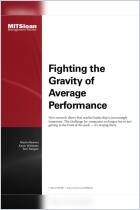
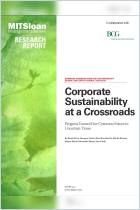

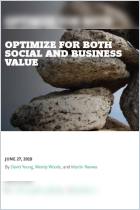
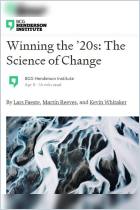

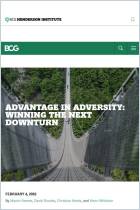

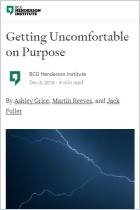




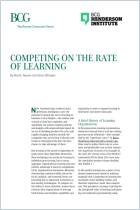





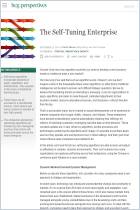
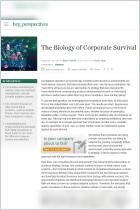

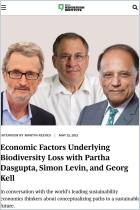
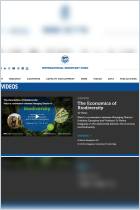
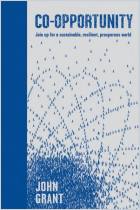

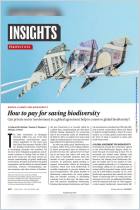
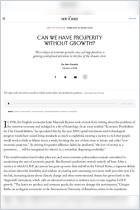





Comment on this summary